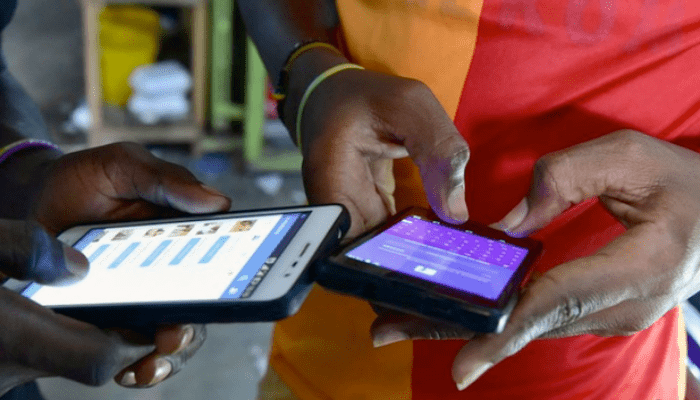Mobile industry to drive $270bn GDP growth in Africa by 2030 – GSMA report
A new report from the GSMA has projected that the mobile sector in Africa will contribute $270 billion to the continent’s GDP by 2030.
This significant economic milestone, detailed in “The Mobile Economy Africa” executive summary, underscores the growing influence of mobile technology as a driver of economic growth, job creation, and digital inclusion across the region.
According to the report, the mobile industry’s contribution to Africa’s GDP is expected to rise from $220 billion in 2024, equivalent to 7.7 percent of the continent’s economic output, to $270 billion by 2030, maintaining a robust 7.4 percent share.
This growth is fueled by an expanding subscriber base, projected to reach 915 million by 2030 (up from 710 million in 2024), and a surge in mobile internet users, expected to climb from 416 million to 576 million over the same period.
The rollout of 4G and 5G networks, with 4G connections rising to 54 percent and 5G to 21 percent by 2030, will further accelerate this economic momentum.
The implications for the African economy are profound. This $270 billion contribution could serve as a catalyst for diversification, reducing reliance on traditional sectors like agriculture and mining.
Read also: CBN disburses $1.25bn for oil and gas imports in Q1 2025
The mobile sector’s expansion is already supporting 5 million direct jobs and 3 million indirect jobs in 2024, a figure likely to grow as infrastructure investments totalling $77 billion are made between 2024 and 2030.
These jobs span telecommunications, tech startups, and ancillary services, fostering a skilled workforce and entrepreneurial ecosystem.
Moreover, the increased connectivity is expected to unlock new revenue streams for businesses, particularly small and medium enterprises (SMEs), which form the backbone of Africa’s economy. Mobile internet and advanced networks will enable e-commerce, digital banking, and remote work, bridging the urban-rural divide and empowering underserved populations.
The report highlights that public funding of $30 billion in 2024 (before regulatory and spectrum fees) underscores the government’s commitment to this ecosystem, signalling potential for public-private partnerships to amplify impact.
For policymakers, the findings emphasise the need for strategic spectrum policies to close the digital usage gap, a move that could enhance carbon reduction goals and socioeconomic benefits. As African enterprises leverage this connectivity, their competitiveness in global markets is likely to improve, attracting foreign investment and fostering innovation.
The report suggests that sustained investment and regulatory support will be critical to realising these projections, especially in less-penetrated regions. With the right policies and investments, this sector could redefine Africa’s economic landscape, positioning it as a global tech hub in the coming decade.

